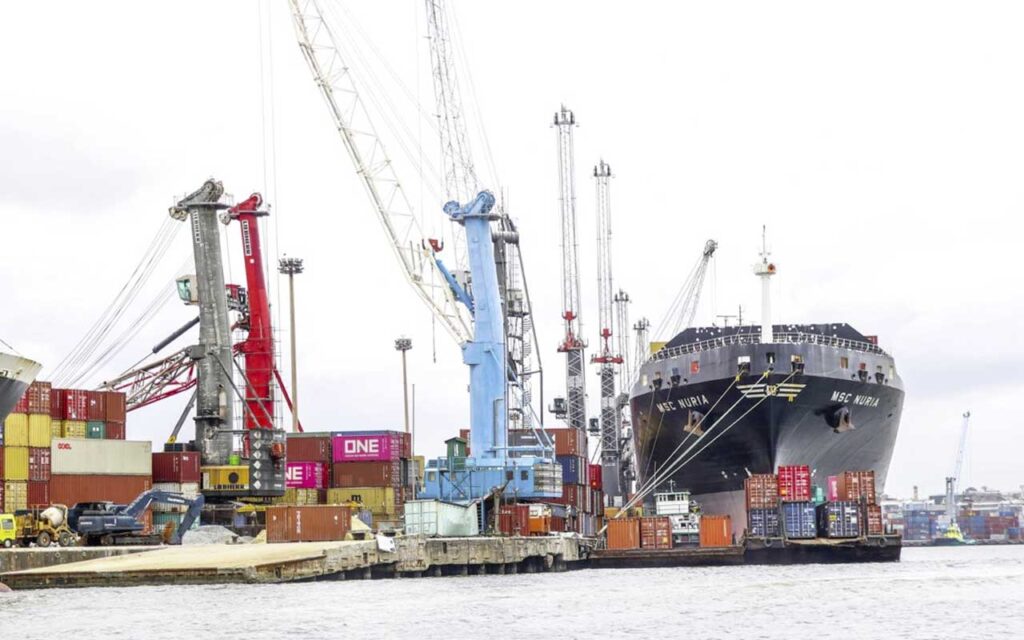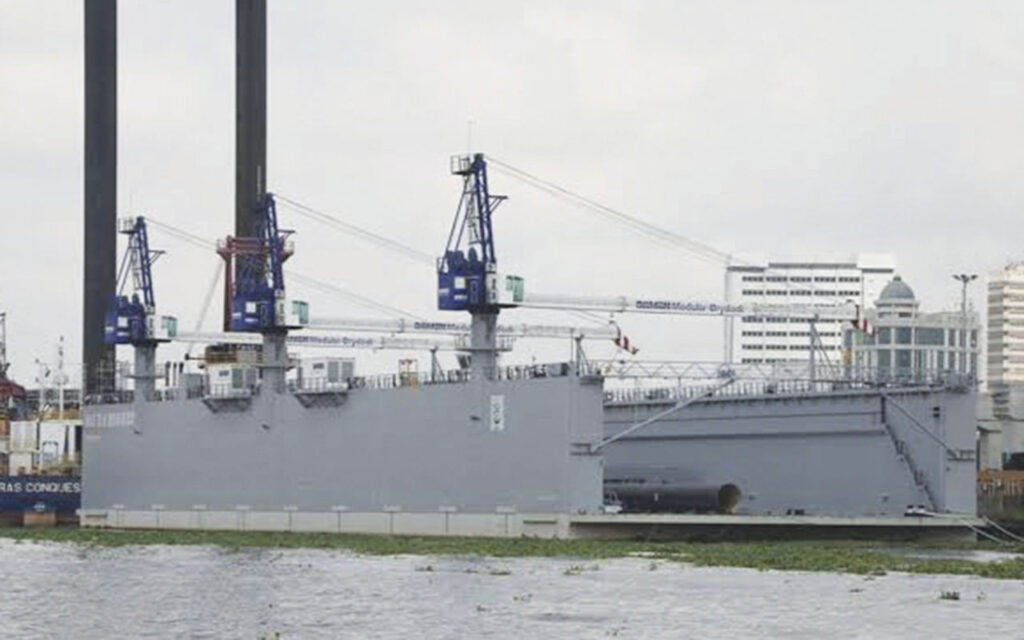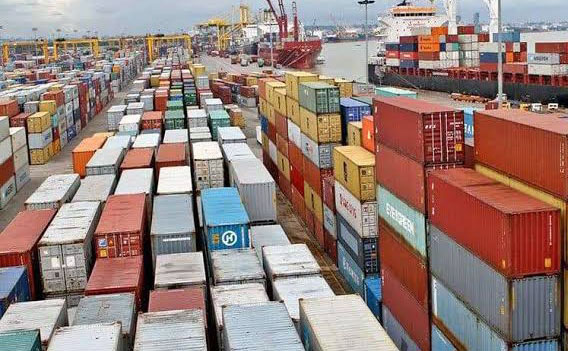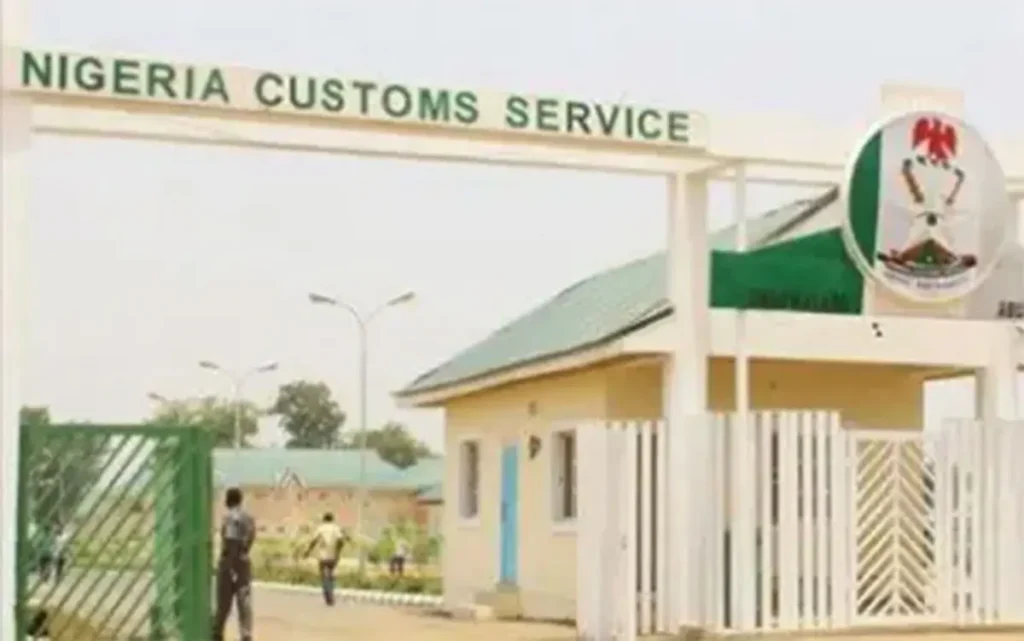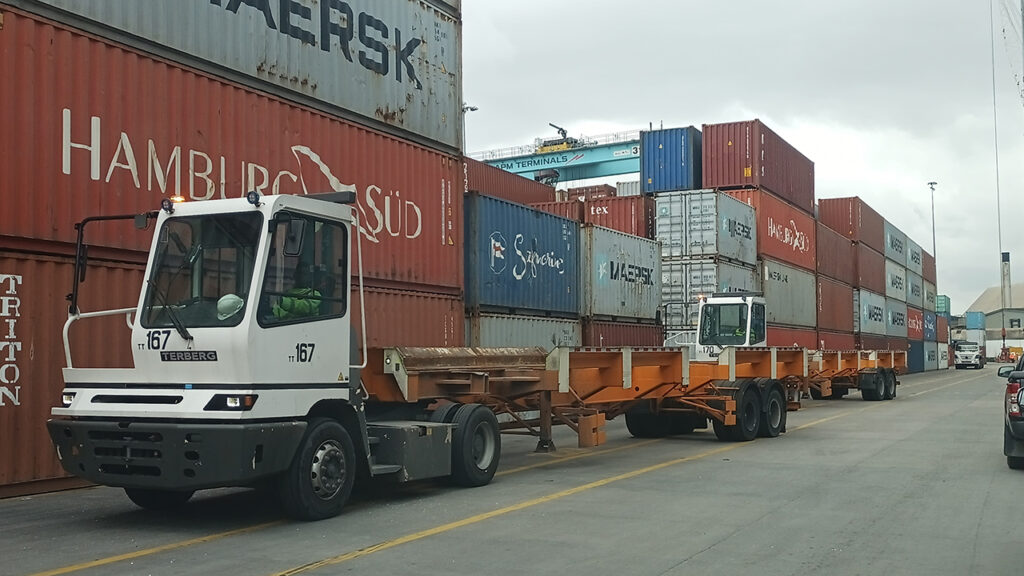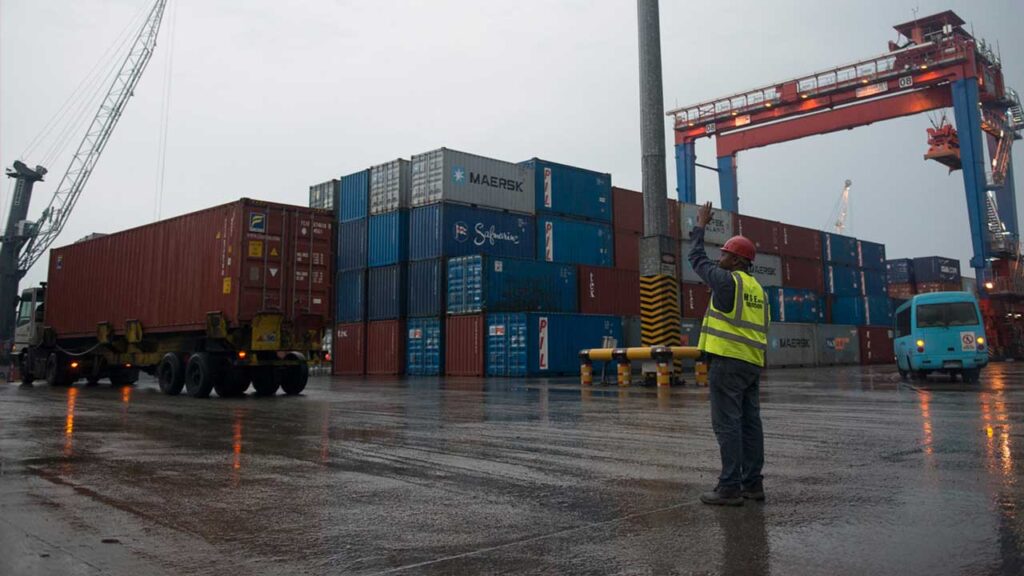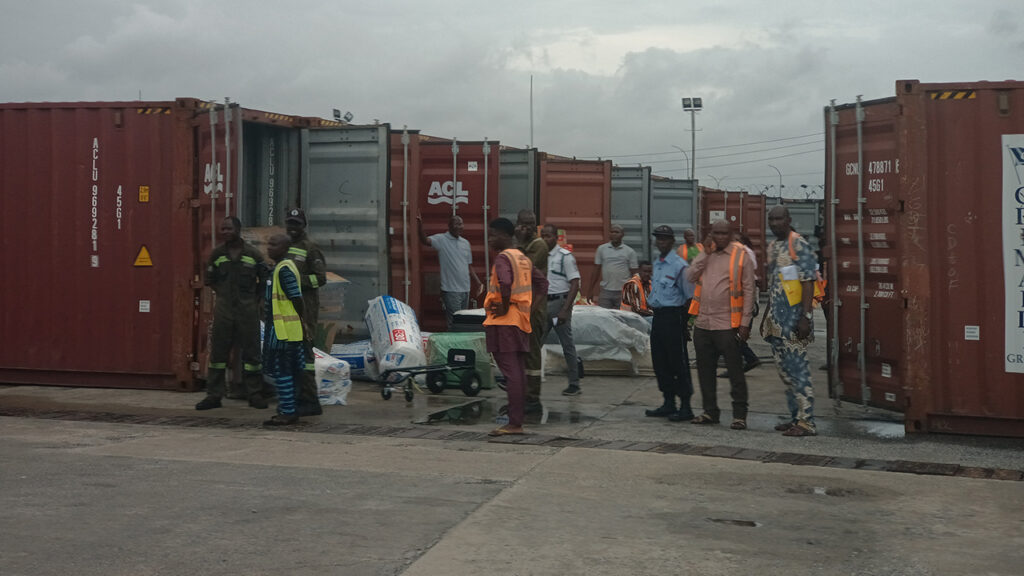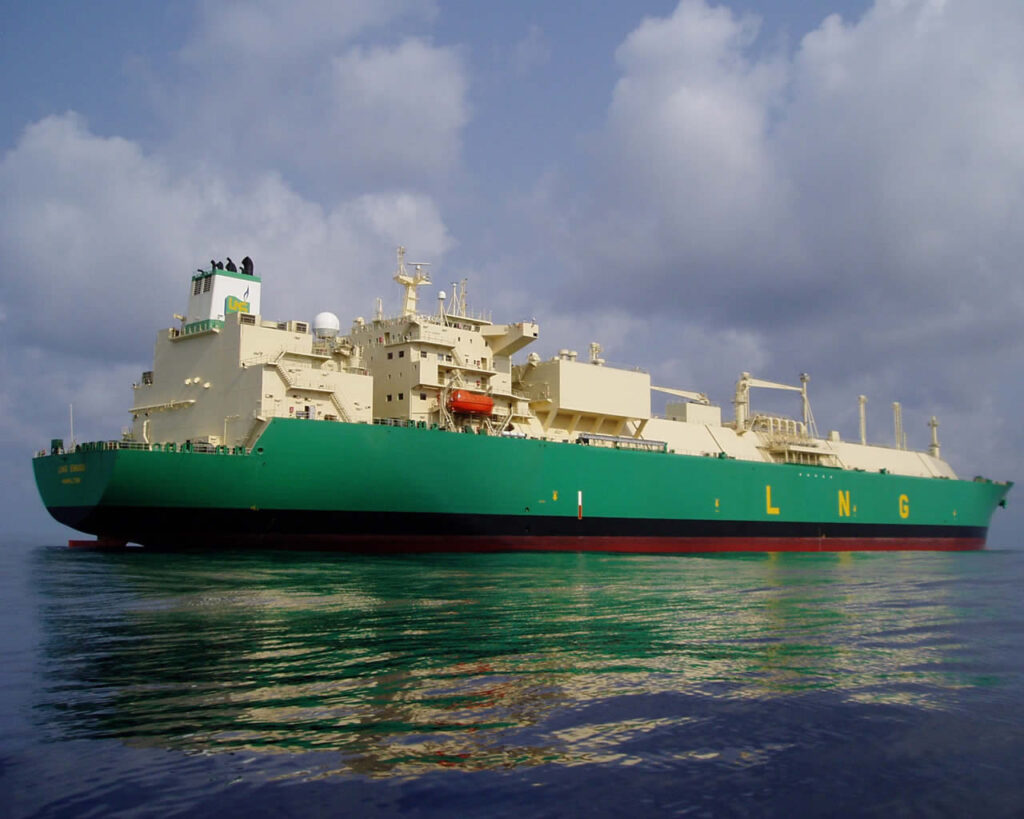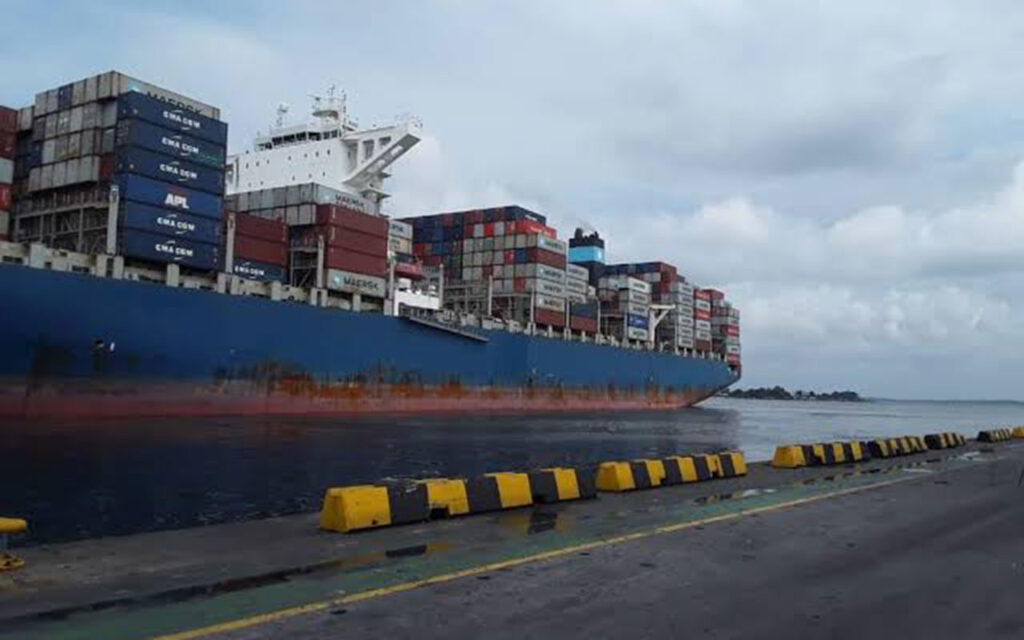
PHOTO: ADAKU ONYENUCHEYA
• As economists seek better deal for foreign trade
Smugglers and duty evaders will now face stiffer punishment for economic crimes as the Customs and Excise Management Act (CEMA) Amendment Bill has received the President’s assent.
This is just as economists advised government to create an enabling and seamless trade environment in the country through the reduction high tariffs of the Nigeria Customs Service (NCS) crippling trade and promoting smuggling.
President Muhammadu Buhari assented to the reformed CEMA Amendment Bill, 2022, after four attempts by the National Assembly to get his signature on the bill that had never been amended for over 64 years.
The bill provides stiffer punishments for offenders to act as deterrence for serious economic crimes thereby, encouraging more revenue through fine payment.
Some of the capital punishment for offenders as contained in Part XXX, which dwells on the ‘Central Operational Powers, Customs Offences,’ are N5 million fine for any ship master who fails to provide the needed documents and papers as demanded by the customs officer or refuses to answer any question.
While those failing to adhere to the regulations by the Customs in terms of inspection of such goods are to pay a fine of N1.5 million with such goods liable to forfeiture.
Section 230 (1) of the new law says: ”Any person who knowingly enters any goods upon payment of less than the amount of duty, excise taxes, or other taxes and fees legally due, shall be issued a Demand Notice of the difference with a penalty of 25 per cent of the duty liability.
The offence of false claims of import or export drawback attracts a fine of N5 million or five years imprisonment or both. Concealment and wrong entry of goods by importers or their agents attract a jail term of three years or a fine of six times the true value of revenue lost and forfeiture of the items smuggled.
According to the bill, importers and exporters of stolen vehicles, aircraft or ship risks two years of imprisonment or a fine of N2 million or both.
Anybody who constructs or finances the construction of a route, tunnel or passageway that crosses the International border between Nigeria and another country, shall on conviction, be liable to a fine of N20 million or 20 years imprisonment or both.
While any person who prevents or obstructs the arrest of an offender by customs officers is liable to five years imprisonment or N5 million fine or both.
The NCS had in 2021 recorded 5,096 seizures of assorted items with a duty paid value of N13.7 billion with 160 suspects arrested.
The Chief Executive Officer, Centre for the Promotion of Private Enterprise (CPPE), Dr. Muda Yusuf, said when government continues to maintain very high tariffs on products not produced in the country, smuggling can’t be stopped, as it is done in connivance with officials at the borders and ports.
He frowned at the fiscal policy for 2023, which puts import duty on vehicles at 40 per cent, as well as the government’s introduction of a green tax of two per cent and four per cent for high-capacity vehicles.
Yusuf said this is making import duty on some of the vehicles to be either 42 per cent or 44 per cent. He noted that when things become expensive to import, the risk of smuggling would be higher.”I am not saying what is in the CEMA is not good, we have to punish infractions, but more importantly, incentives have to be reduced.
“Our tariffs are too high on many items. I understand that items where we have very high domestic production capacity, the duty should be high, but where you don’t have the high domestic capacity, why should you go and put high import duty?
“We must look at this holistically, it is not just about the punishment or policing, you have to look at how sustainable those tariffs are and how you can support local industry to also bridge the gap between cost of items imported and those produced locally,” he noted.
The Vice Chairman, Business Action Against Corruption (BAAC) Integrity Alliance, Jonathan Nicol, said until government begins to reduce the cost of doing business in the ports, especially Customs duties and tariffs, smuggling would not stop.
He said smuggling is an old profession in the world, adding that the government cannot just get rid of smuggling by punishing smugglers. Nicol pointed out that since government has been chasing and arresting smugglers, nothing has changed. He said government does not want to change its approach to address the issue by bringing sanity to the system.
Nicol said the penalties in the customs Act will only make the officials richer, adding, ‘It is only those who don’t have money to settle that would be arrested. When the smuggler settles the government officials well, he will part away with the smuggled items.”

